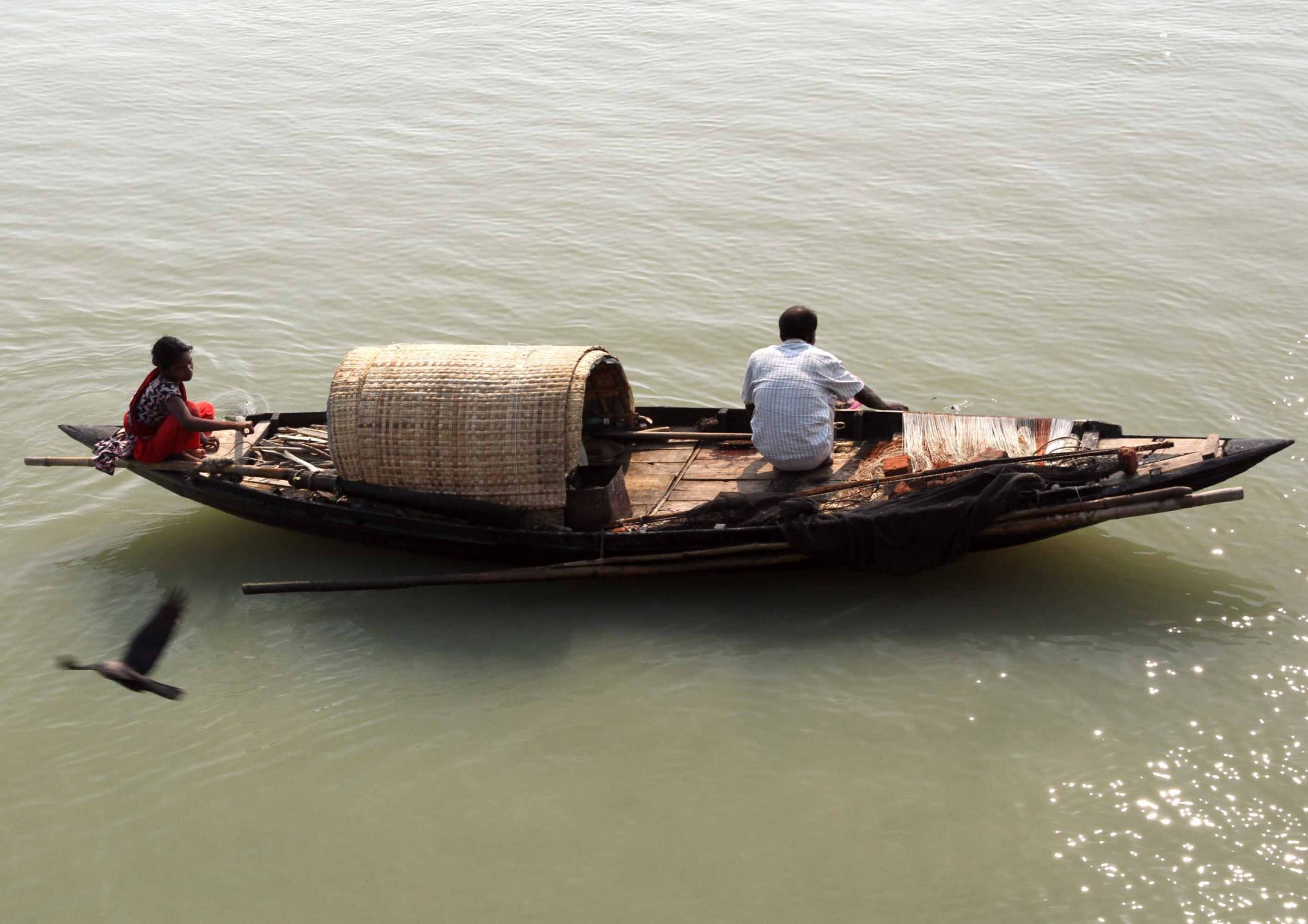Sharon Prabhakar’s concert at Harrow Leisure Centre disrupted; a torn-up burgundy hunter jacket; a lost earing; a big movie-like action fight on the highway; a night at the Wembley police station.
Materials needed for constructing social history come from many sources. They are public records, print and non-print media, oral history and so on.
When I look at the social history of London, during the 1970s, 80s and 90s, as presented, I see many gaps. I know some of the philosophical reasons why social history, or our knowledge of any subject, must necessarily be limited and incomplete. But we can all play a role in filling some of the gaps. Often, certain types of missing bits are due to inequality, discrimination and disadvantage, and the way these factors operate in society.
I have witnessed and participated in many unique and diverse things while living in London during the 1970s, 80s and 90s. Many things that happened in different parts of the city are not publicly known or yet recorded. Through writing, I feel I can bring to life many hidden aspects of people’s lives and experiences in London. Writing from my personal experience I hope to make a valuable contribution towards improving the social history of London and its people. I think many other people can also do the same.
I will start this by writing a piece on a turning point in my life in 1981. It is not only about my life, but providing the context of my life-changing experience at that time will help reveal some of the hidden histories of London.
